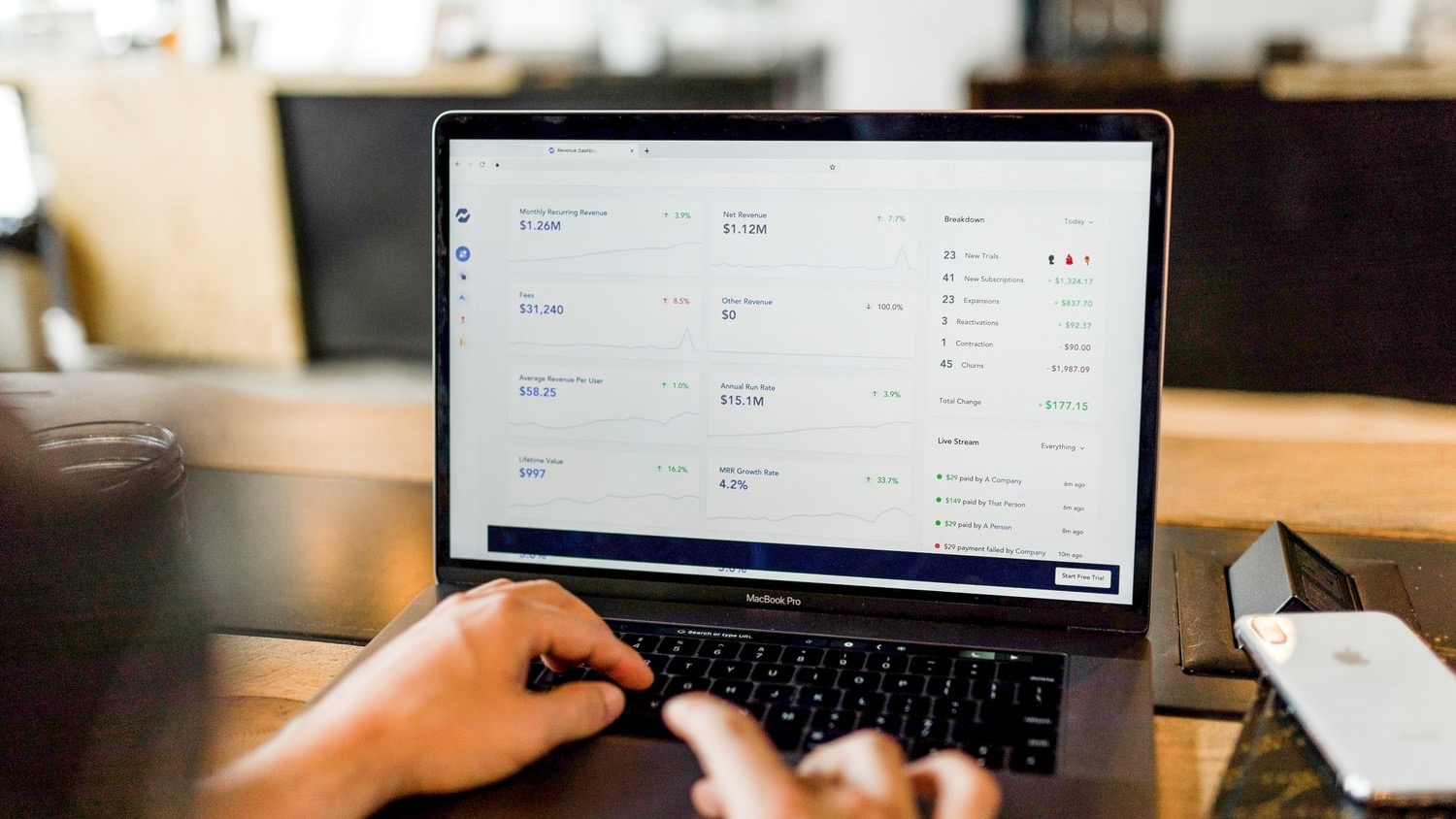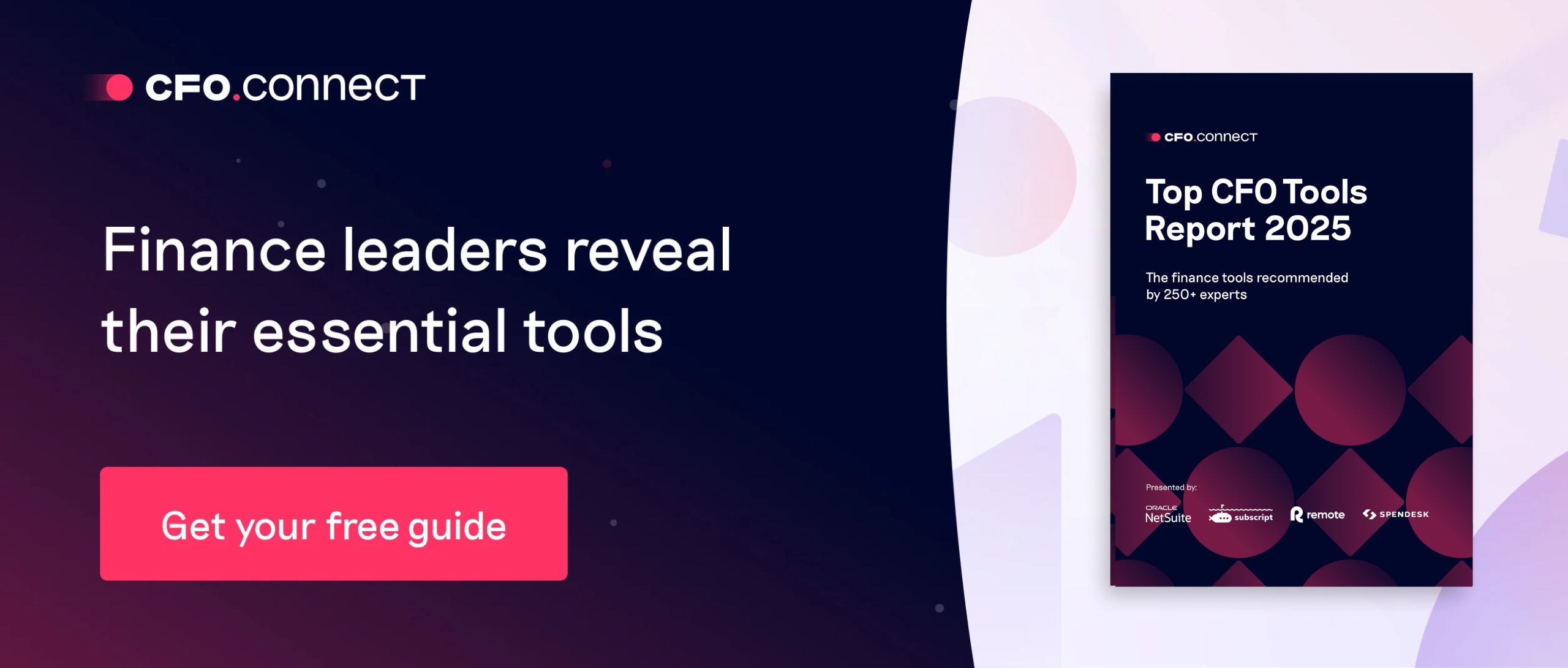8 excellent benefits of accounting automation

Published on December 30, 2023
)
Automation is a hot (and touchy) topic right now. Depending on your personal philosophy, technology could soon make finance professionals more efficient than ever, or change the industry for the worse.
But you should really think of it as more of an evolution than an extinction. Accountants aren't going anywhere, and they have a new opportunity to get more from their efforts.
Modern software unlocks the full potential of accountants and finance teams. They can now easily move past many of the slow, tedious tasks they’re often forced to endure. With accurate, up-to-date data on hand, accountants can be the trusted, impactful business partners their companies need.
In this post, we'll explore the best aspects of accounting automation. However you feel about these tools today, they're here to make your life easier.
Keep reading to find out how.
What is accounting automation?
Accounting automation takes the most manual elements of an accountant’s work day and does them automatically, often instantly. Also known sometimes as computerized accounting software, these systems do the number crunching and transaction tracking for you.
You no longer need to build complex ledger files and enter countless rows of data. Key formulae are built-in, and you can create reports in just a few clicks. The purpose is to simplify things that were previously overly complex, and to make the accounting process smoother overall.
Accounting software isn’t exactly new. As we’ll see in a moment, we’ve had different forms of computerized accounting since the late 1800s. But until recently, these tools still had to be operated mostly manually, and still took a huge amount of time.
Today, accounting automation removes the least efficient aspects of an accountant’s work and leaves more time for analysis, strategy, and human interactions.
So how did we get here?
A brief history of accounting and automation
Accountants have used software in one form or another for decades. Classics like Excel can be used to automate and enhance all sorts of tasks. But the new tools we're talking about take this a step further.
Just for fun, here’s a brief history based on research from the team at Career Trend:
Early bookkeepers used paper ledgers to record debits and credits, revenue and expenses.
William Burroughs invented the adding machine in the 1880s. It didn’t have memory, but accountants could do arithmetic at far higher rates.
Herman Hollerith created a punch-card machine to handle data for the U.S. Census. By 1928, an IBM tabulator could process 100 cards a minute.
After World War II, John Mauchly and J. Presper Eckert built UNIVAC - the UNIVersal Automatic Computer - which stored data on magnetic tape instead of punch-cards. In 1955, General Electric started using UNIVAC to process payroll - the first company to use a computer for accounting.
In 1978, Visicalc was launched as the first spreadsheet software. The same year, Peachtree offered an accounting software for PCs, meaning companies everywhere could start using it.
In 1983, Intuit launched Quicken, an accounting software that could be used by non-accounting professionals.
In 1987, Microsoft created Excel. Curiously, it was originally built for Apple computers, but a PC version quickly followed. More than 30 years later, Excel (or software just like it) is still the one program most accounting professionals could never live without.
We've seen countless software updates and new tools since then. But the profession hasn't made major strides until more recently, once processes started becoming automated.
In truth, accounting automation probably won’t make Excel obsolete. Spreadsheets are undoubtedly useful and offer almost endless options to users.
But automation can do the grunt work. It copies data from one sheet to the next, identifies discrepancies and missing information, and removes as much data entry as possible.
Now, let’s look at some of the big benefits of automated accounting software in a moment.
The benefits of automated accounting systems

If you’re not sure why you’d want to automate accounting tasks, the reasons are mostly pretty obvious. But it’s because it’s simple and straightforward that this software becomes indispensable to the companies that use it.
1. Time saved
Clearly, the most tangible benefit of automation is the amount of time it saves. If someone (or something) else does the manual work you’d normally do, you’re going to have more time on your hands.
For accountants, the biggest time-saver comes during financial closing. If your team has been using its tools correctly, there shouldn’t actually be anything to reconcile! Most of the data you’d normally check and copy across systems has already been checked and copied.
For example, suppose you use a spend management platform to manage expenses and other costs. When a team member makes an expense claim, they create an entry in the system with all the necessary information included. Documents (like receipts) are also included, leaving you with a complete entry from the start.
It then literally takes a click to export this - and all other expense claims - to your accounting and reporting tools. So what normally takes days (or weeks) can be done in minutes.
2. Higher productivity
An obvious result of the time savings above is the ability to produce more in the same period.
For external accountants, this likely means fewer billable hours - which may be frightening. The same is true for staff accountants who may worry that their jobs are in jeopardy.
But in reality automation opens more time for you to do what you’re really there for - to partner with and guide clients towards financial health. And you can now do this more frequently, for more clients.
3. Data accuracy
We all know the expression “you’re only human.” People are well known for making mistakes.
The beauty of machines is that they don’t often commit small computing errors. Accounting tools can create thousands of ledger entries in seconds, with no real risk that the data will be mishandled.
Of course, this still requires a good accountant to verify the work and manipulate that data, but more on this shortly.
4. Fast data retrieval
Some accountants will remember the (not-so-long-ago) days of physical storage rooms full of hundreds of files. To retrieve a document or review a file, you actually had to go hunting for it in another room. Sometimes, files weren’t even in the same building!
It’s now incredibly simple to find virtually any file you need in seconds. Any entry in your software can be found almost instantly.
And the new tools do this even better than their modern counterparts. As Susie Krause of Lutz writes, “even if you’re doing your work in Excel, you don’t have one central location for all your customer and vendor, sales and expense information. Locating a critical detail quickly is nearly impossible.”
Accounting automation is designed to make documents and ledger items easy to categorize, name, and store safely. Which makes finding them a breeze.
5. Secure file storage
Another major burden on companies and accountancy firms is the need to store paper records for 7-10 years (depending on local regulations). Thankfully, government tax offices around the world are slowly getting on board with e-receipt storage - digital copies of documents instead of paper files.
Which is great news! Software now lets you receive a document digitally - say, a proof of purchase for a business expense - instantly enter the data into your ledger, then automatically store the proof of purchase in the appropriate folder.
Every document is then accessible to you no matter where you are. There’s no need to rifle through the filing cabinet or go down the hall to a storage cupboard.
6. Cloud access
Anyone who regularly uses cloud programs knows how much simpler life feels compared with the old days of floppy disks and even USB sticks. You can now take every important accounting software, process, and file with you anywhere you go.
If you need to quickly process a payment or check a document - no worries. Whereas you previously needed to be physically at the right desk, or to have paper files in front of you, everything you need is waiting online.
This concept is so simple, and yet also practically unthinkable 10 years ago.
7. Real-time integrations
The more you can digitize company processes, the better you’re able to use these solutions in tandem. Your payroll tool integrates with your accounting platform, which also receives information from your spend management software, and so on.
The beauty of this is that you almost never have to copy information from one space to the next. You have up-to-date, accurate data across all platforms.
This is helped by the fact that your accounting systems can live in the cloud. But the beauty is that all your finance processes can too, and thus they can all talk to one another whenever you need them to.
8. Professional development
Any career with high levels of repetitive, manual work has the potential to be automated - including highly skilled positions like surgeon and chess master. Accountants fall into this category.
But this change actually presents an opportunity for growth. Machines still can’t do everything on their own, and clever accountants need to be there to drive software and ensure it works perfectly.
As BlackLine VP Patrick Villanova writes, automation is most likely a positive turning point for accountants: “It actually will be machines that unlock an accountant’s ability to share their judgment, enriching their employment experience and perceived value within the organization. No matter how proficient machines become in automating transactional accounting tasks, they will never come close to the abiding value of an accountant — his or her judgment.”
When used well, accounting automation should simply remove all of the tedious and frustrating parts of the job, leaving room for management accounting, strategy, and good communication.
For these reasons, accountants should jump at the chance to use these tools today to become both an expert accountant and an expert in accounting software.
Combine automated accounting with smart spending software
By now, the reasons to love accounting automation should be pretty clear. These platforms save you time, avoid costly errors, and keep all important documents at your fingertips. What's not to love?
And all those same benefits we saw above also apply to spend management software. You can now make expenses a pleasure to deal with, while also giving your finance team more control over all money spent.
When you put the two together, you're looking at a finance function that's efficient, accurate, and doesn't dread the end of every quarter.
Not sure where to start? Grab our guide to the best tools for CFOs:

)
)
)